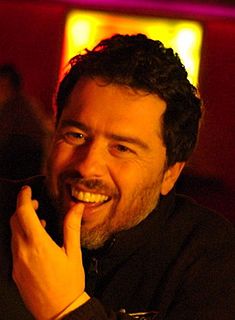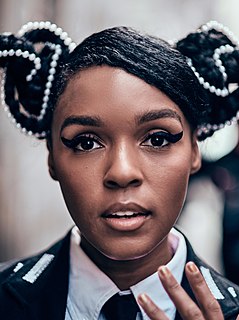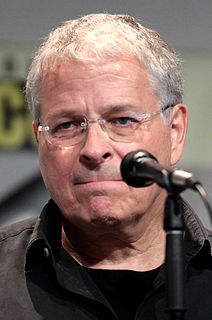A Quote by Sacha Gervasi
When you take on Hitchcock you know it's gonna provoke some sort of controversy, because there were so many people talking about the book [Stephen Rebello's Alfred Hitchcock and the Making of Psycho] and wanting it to be the film about the making of this movie [Psycho]. But that's been done. That's been done in the book, and Stephen Rebello himself was like, "I want a movie which is an entertainment for the audience." So we made the conscious decision.
Related Quotes
There are many stories of people didn't set out to make a film that became a classic - the whole process was a disaster, everybody hated each other, the movie itself was a disaster, everybody thought the movie and the script was going to be a piece of crap. Look at Alfred Hitchcock and Psycho. Nobody wanted to make Psycho; it was crap to them. The only person that wanted to make Psycho was Hitchcock. Now, it's considered a classic and a work of art.
I made a film called "The Theory of Everything," which is based on Jane Hawing, who was married to Stephen Hawking - it's based on her book about their relationship.That's what the film will be about - they were both incredible, strong, willful individuals and I feel like that Stephen Hawking himself would say that he wouldn't have survived without the influence of Jane Hawking, and they were an incredible team together.
Stephen King told me a long time ago, when he gave me some advice about the movies. He said to take the money up front and expect it to be something different than the book and if you don't like that don't deal with Hollywood. But if you take the money, shut up and don't criticize the film because you sold it. The movie doesn't change a word of the book.
I remembered watching the film from Alfred Hitchcock, 'Dial M for Murder,' and he shot almost all of that movie in one room. There was a genius in what Hitchcock did by manipulating things in that room so that you could see the distances between things like the tables and the vases because of how he used perspective.
Any music star would be singing about his lost love. A movie would be about a relatable incident; it wasn't an untouchable magic dragon box. It was something that people could relate to, and when I vanished a girl, it would be a story about a girl that left me, or a cutting into pieces would be a date with a magician. I wouldn't just vanish a girl in a shower, I would do the shower scene from Psycho [1960] with a [Alfred] Hitchcock cameo.
Wayne Wang, the director of Because of Winn-Dixie the movie, understood the book and transferred as much of the feeling of the book onto film as humanly possible. I think he did a fabulous job. And also I'm thrilled because the movie brings people to the book - people that wouldn't know about the book - and that's a great thing.
Alfred Hitchcock talked about planning out his movies so meticulously that when he was actually shooting and editing, it was the most boring thing in the world. But drawing comics isn't like shooting a movie. You can shoot a movie in a few days and be done with it, but drawing a comic takes years and years... That's the biggest part of doing comics: You have to create stuff that makes you want to get out of bed every morning and get to work.
































